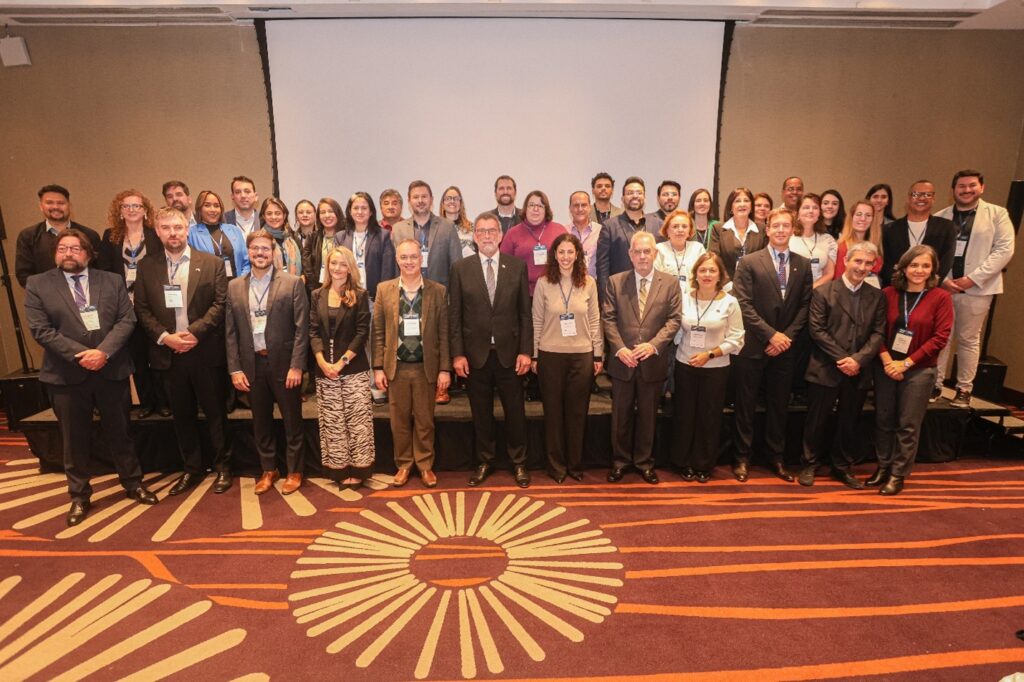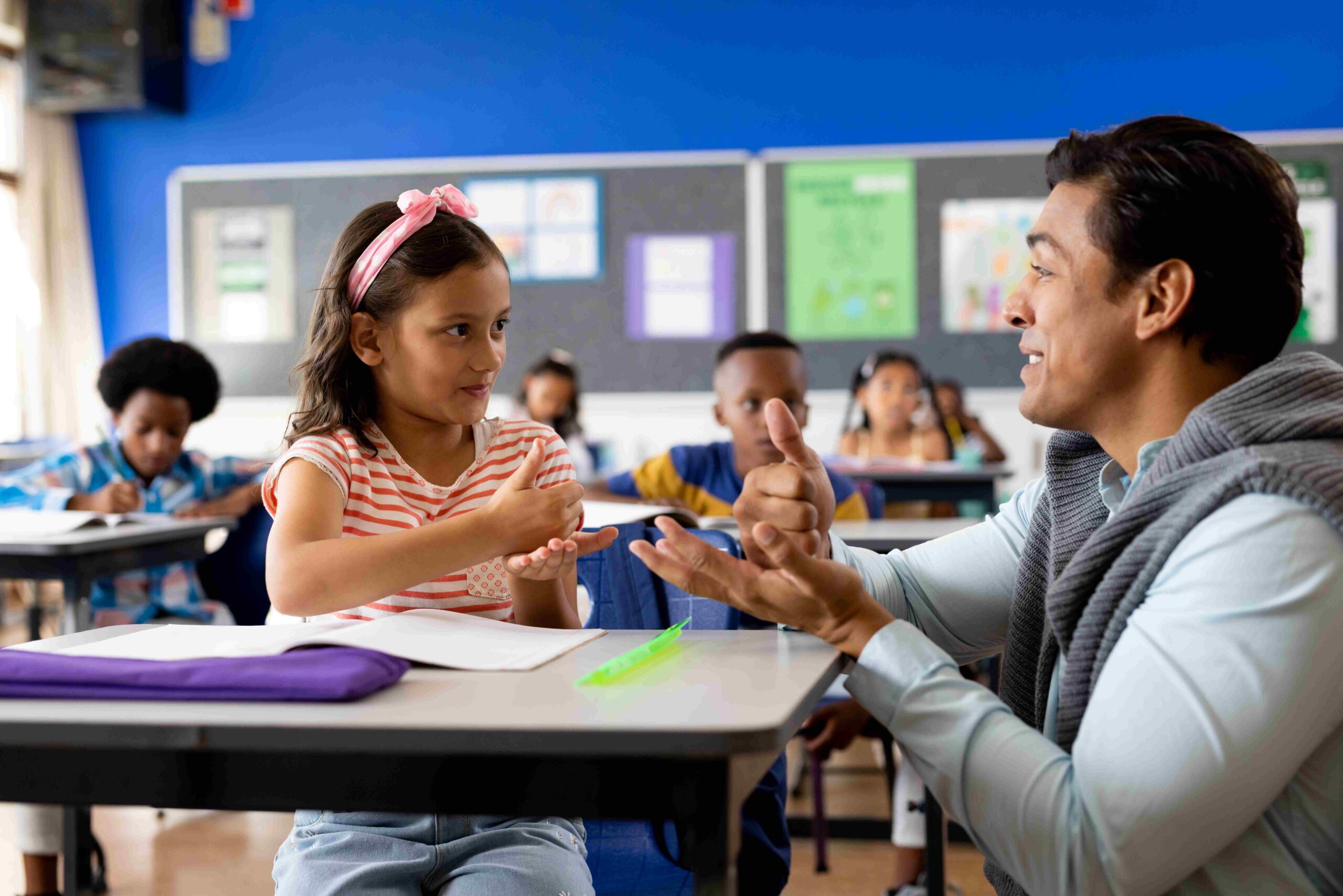Extending the school day can help close learning gaps in Latin America and the Caribbean. Insights from nine countries show that strong pedagogy and community support drive real impact.
Across Latin America and the Caribbean (LAC), education systems face a persistent challenge: students learn less than their peers in OECD countries, with an average gap equivalent to five years of schooling. Time spent in school is shorter, often less effective, and disproportionately affects children from vulnerable backgrounds.
Extending the school day (Jornada Escolar Extendida, JEE) has emerged as a strategic response. But adding hours is not enough. What matters is how that time is used—whether to reinforce foundational skills, nurture creativity, foster inclusion, and strengthen ties with families and communities.
That was the central message of the Regional Workshop on Best Practices in Extending the School Day, held on August 12–13, 2025, in São Paulo, Brazil, under the EXPLEARN Facility, with the support from the Ministry of Finance of the Republic of Croatia.
A regional learning exchange
The workshop brought together 45 education authorities, technical partners, and IDB specialists from Argentina, Brazil, Colombia, Honduras, Mexico, the Dominican Republic, Paraguay, Uruguay, and Croatia. Over two days, participants engaged in plenary panels, group work, and field visits to schools successfully implementing extended school day models.
The discussions highlighted the diversity of approaches: from Argentina’s “One More Hour” policy, to Uruguay’s long-standing full-time schools, to Brazil’s Escolas em Tempo Integral, and Croatia’s Whole Day School. Despite differences, a common goal emerged: turning more time into better time for learning.

Five key lessons
- Pedagogy matters more than time. Simply extending hours does not guarantee impact. The most effective models are those that use time intentionally for literacy, mathematics, socioemotional skills, and extracurricular activities such as arts and sports.
- Shared challenges call for shared solutions. Delegations recognized common hurdles—financing, evaluation, teacher training, and sustainability. The exchange of experiences allowed participants to identify replicable practices and avoid past mistakes.
- Sustainability requires multiple dimensions. Successful policies depend on aligning infrastructure, teacher training, resources, and community services, as shown in Mexico and Paraguay.
- Inclusion and innovation go hand in hand. Technology and AI can bridge gaps in rural areas and for students with disabilities, but only when applied with an ethical and pedagogical lens.
- Extended schools build stronger communities. Visits to São Paulo’s schools and the CEU Vila Alpina showed that JEE can become hubs for education, culture, sports, and community engagement.
Why EXPLEARN matters
The EXPLEARN Facility was launched by the end of 2023 with a generous EUR5 million contribution from Croatia. In just over a year and a half, the Facility has supported technical cooperations in Argentina, Brazil, Honduras, Peru; it has trained over 500 officials; and produced tools to analyze learning time gaps.
EXPLEARN is more than just a funding mechanism—it is a community of practice. By creating collaborative spaces like the São Paulo workshop and earlier study visits to Croatia, the Facility enables countries to co-design, and refine policies to make school time more effective and equitable. In addition, the Facility contributes to the development of knowledge products by compiling regional evidence and offering actionable recommendations and guidance to support countries advancing this agenda.
Moving forward
The São Paulo workshop reaffirmed that extending the school day is not just about adding hours—it is about transforming how schools operate. With careful design, sustainable financing, and community involvement, JEE can reduce inequalities, strengthen learning, and open new opportunities for the students who need them most.
At the IDB, through EXPLEARN, we remain committed to supporting countries in this journey, ensuring that every additional minute in school counts—and counts for all.
Dive into the highlights from the São Paulo regional workshop and explore firsthand how countries are working together to make school time more effective and equitable.
Dive into the highlights from the São Paulo regional workshop and explore firsthand how countries are working together to make school time more effective and equitable. Watch the video and get inspired by the experiences, insights, and innovations driving change across Latin America and the Caribbean


Leave a Reply